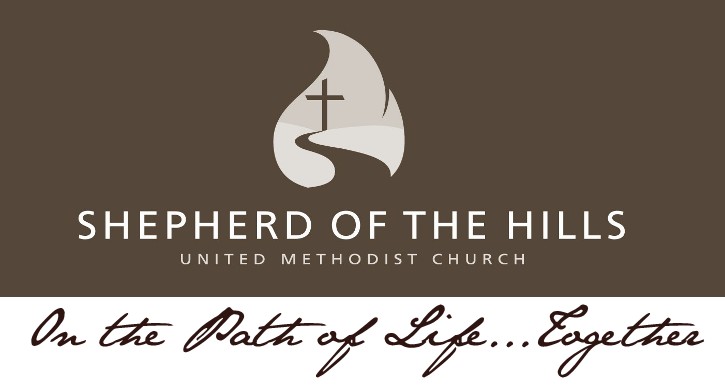 Luke 11:5-13 (The Message) Then he said,
Luke 11:5-13 (The Message) Then he said,"Imagine what would happen if you went to a friend in the middle of the night and said, 'Friend, lend me three loaves of bread. An old friend traveling through just showed up, and I don't have a thing on hand.'
The friend answers from his bed, 'Don't bother me. The door's locked; my children are all down for the night; I can't get up to give you anything.'
"But let me tell you, even if he won't get up because he's a friend, if you stand your ground, knocking and waking all the neighbors, he'll finally get up and get you whatever you need.
"Here's what I'm saying: Ask and you'll get; Seek and you'll find; Knock and the door will open.
"Don't bargain with God. Be direct. Ask for what you need. This is not a cat-and-mouse, hide-and-seek game we're in.If your little boy asks for a serving of fish, do you scare him with a live snake on his plate? If your little girl asks for an egg, do you trick her with a spider?
As bad as you are, you wouldn't think of such a thing—you're at least decent to your own children. And don't you think the Father who conceived you in love will give the Holy Spirit when you ask him?"
Each morning, when I look in the rear-view mirror of my car, I see a tiny white slip of paper.It's from a Chinese restaurant fortune cookie.
"Those who seek will find." I kept it because it's a great reminder about life, and it's not original to that fortune cookie. These are the words of Jesus. And they are so powerful. Ask. Seek. Knock. With persistence.Other scripture tells us that "we don't have because we don't ask." Why don't we ask?
I know that I grew up in a culture where you never were supposed to ask for anything. It's an embarrassment to admit a need. The ego flinches at the thought. And, what if the person you ask can't meet your request? Then you've caused embarrassment for them as well. Keep to yourself. Make your own way. Don't be "beholden" to anybody.
Asking still is not easy for me at all.
What a recipe for scarcity and unhappiness.
Now, of course, this same culture taught me to give to anyone, anytime, without reservation and as much as possible. That's generosity. But don't ever ask for anything. Ever.
But if everyone subscribed to that idea, if no one will ever ask, how can anybody else ever have the chance to give?
And what about God?
God wants to give, but most of all, God wants communication, connection and relationship. He loves us like a loving parent.
As "bad as we are," we would give our children what they need, and most of what they ask for...simply because we love them.
So let's practice it today: Let's ask God to give us what we need.
God will give. And we will learn about our real needs. We will learn gratitude and peace.
And most of all, we might learn the truths of a trusting, patient, persistence.
Prayer: Father God, we ask directly today...give us what we need.
Glory be to the Father, and to the Son, and to the Holy Spirit. As it was in the beginning, is now and ever shall be. World without end. Amen.













